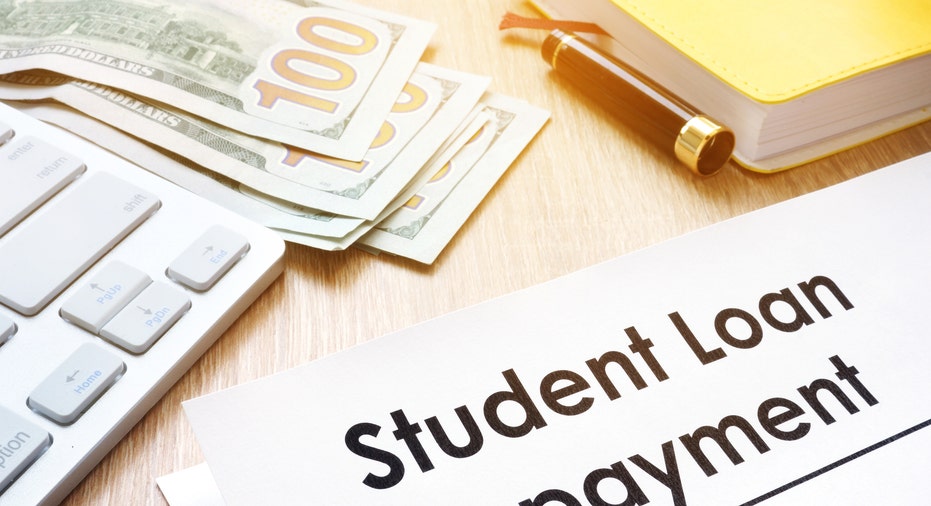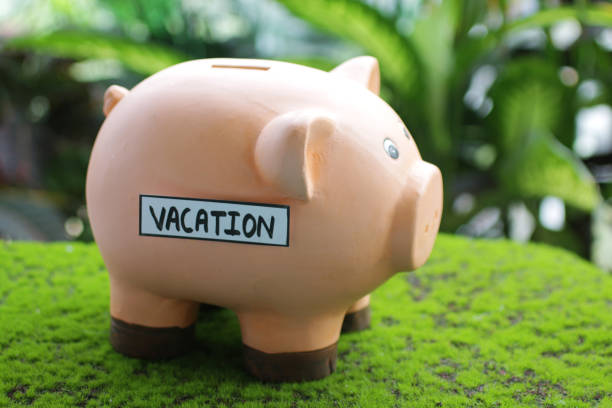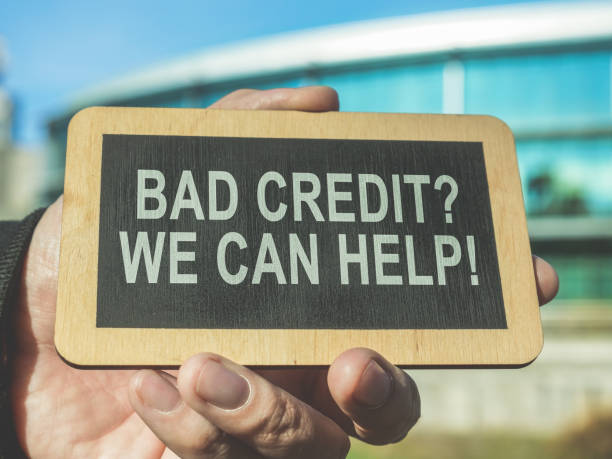
With increasing expenses nowadays, it has become totally impossible to run a family with limited income. Besides, the threat of pandemics made the situation more complicated. Lots of people are losing their jobs, and very little chance left for getting a good job.
In such a scenario, people have no other option instead of arranging for the fund. Often times students would like to borrow student loans from the direct lenders of the UK. The primary purpose of such a loan is to continue their higher study without any interruption.
However, while applying for such a student loan, a person never bothers about the applicable interest rate. Moreover, you may have signed the promissory note by assuring your entire repayment. Now the problem arises at the time of repayment.
When people come to know about the high amount of rate of interest applicable to the monthly installments, then begins the problem. In most cases, students are unable to get a job. As a result, they hardly can repay the entire outstanding amount.
At that time, debt forgiveness is the only way that a student can apply. Nevertheless, do you know how debt forgiveness works? Here is a short description of debt forgiveness.
What is debt forgiveness for students?
It is one of the best ways to get relief from a student loan. Debt forgiveness comes to the scenario when a borrower is unable to repay the outstanding amount. Then he needs to appeal to the government as well as the lender for exempting the debt amount.
Nevertheless, it is not easy to get like such a strategy compels the lender to proceed with loss. However, considering the situation of lenders government of the UK has brought several debt consolidation loans to like, income-based repayment, PSF, etc. These financial reliefs help a student to become debt-free.
Still, some exceptions do not come under the debt forgiveness category. If a student has borrowed other than a federal loan, those are not included under the debt forgiveness facility. To get the facility of debt forgiveness, a student must have to borrow a federal loan. However, even after appealing for owe forgiveness; a borrower must pay the long bill of tax.
Which type of student loan comes under consideration?
As mentioned, not all student loans come under such consideration, and he can’t get debt forgiveness. Therefore, students feel despair after hearing that the authority has rejected their appeal for forgiveness. Then he might fell into a financial crisis again.
For this reason, a student must know before taking a loan that whether he will become eligible for compensation or not. Usually, the government of the UK approves debt forgiveness of those who borrowed from direct lenders or directly from the federal govt. Apart from that, Stafford loans also come under debt forgiveness.
By appealing debt forgiveness, a student can easily stay away from repaying outstanding student loans. Apart from appealing for such forgiveness, one may also proceed with debt consolidation. It is the best solution for those whose appeal is rejected because of borrowing from private money lenders.
For students who borrowed federal loans, the repayment tenure is up to 10 years. Within that tenure, a student must complete his dues. However, if he finds it challenging to repay his monthly dues within this timespan, he can only get such relief from the government of the UK.
In those cases, a student needs to enter into IDR, i.e. Income-Driven Repayment plan. A student needs not pay any extra fees for applying to the IDR scheme. After qualifying in IDR, a student can quickly repay up to 20-25 years.
5 Things you must do before stopping the repayment of a student loan
Even after applying for debt forgiveness and entering into schemes like IDR, you can’t get the total repayment exemption. Therefore, one common idea that comes to student’s minds is that should they stop paying student loan installments? Now, stopping the monthly installment payment will suddenly ruin the credit score and even name you as a defaulter.
There is no doubt that student loan is expensive and the rate of interest too high. However, they have no other way instead of borrowing student loans to carry on the expense of studying in college. For this reason, student loans are necessary.
However, before you stop paying student loan dues, make sure you have done all of these.
- Talk to your loan servicer
It is entirely illogical to run away from the lender. Think it practically. How long can you run away? Moreover, when it comes to education and bringing up the future, it does not create a new problem. On that note, your first task will be contacting your loan servicer.
Talk to your services and seek advice about possible ways of paying back student loans. We know that you are not a fan of your servicer, but still, he is a finance expert to guide you properly. Explore all the options before quitting repayment.
- Make sure you do not qualify for debt forgiveness
Suddenly ceasing repayment can very hardly smash your future. Even if you do not understand the importance, ask your loan servicer. In most cases, a borrower can never be eligible for another loan because of being a student loan defaulter.
By thinking about such a scenario debt, forgiveness scheme has started. Nevertheless, there are some criteria to qualify that. According to the government of the UK, a borrower must borrow the fund from either any government money lender or it must be a federal loan. Sometimes even Stanford loans also come under debt forgiveness.
- Try to enroll yourself in IDR
The income-Driven Repayment plan is something that can help a student in paying debt by lengthening the timespan. Some IDR plans are PAYE, IBR, etc. If you successfully enroll yourself in any of these plans, it will adjust your repayment as per the income.
Besides, it will help a student repay the entire student loan for long 20-25 years with a lower rate of interest. However, the repayment amount is fixed based on the income, the number of family members, and from which state you belong. After considering all these parameters, the lender should decide how much you can pay per repayment.
Sometimes, it has been observed that the repayment amount even came to zero pounds monthly. Therefore, it is a better system than ceasing the monthly installment without any notice. On the other hand, if you continue to repay this less monthly installment for a long time, it will ultimately help maintain a good credit score.
- Try to appeal for PSF
Public Service Loan Forgiveness is the most desirable one among other debt forgiveness schemes. Instead of paying the debt for 20-25 years, this scheme can settle the entire due within 10 years. But there is a barrier while appealing for this.
People who are already working in any of the public service departments of Govt. of the UK then a student can get this subsidy. Besides, the borrower should have borrowed a federal loan, too, as it does not apply to any other loan.
- Acute financial crisis or being bankrupt
The financial crisis is the one and only way to get relief from student loans. There is no reason to think each and every lender is ruthless. However, a financial crisis, which brings bankruptcy, can save a student from repayment of the loan.
Nevertheless, to get such a subsidy, he must show zero balance in all his bank accounts. The student who will be able to show valid proof of bankruptcy only can get the benefit of student loan exemption. Therefore, it is advisable that if you do not have a single pound left in your hand, then represent the scenario with proof.

Jessica Rodz is the Senior Content Writer at Cashfacts. She has a long career in the field of content writing and editing. Jessica has the expertise in the UK lending marketplace where she has worked with 7 different lending organisations and acquired many responsibilities from preparing loan deals and writing blogs for their websites.
At Cashfacts, Jessica is managing a team of experienced loan experts and doing a major contribution in guiding the loan seekers via well-researched blogs. She has done graduation in Business (Finance) and now currently doing research papers on the UK financial sector.





